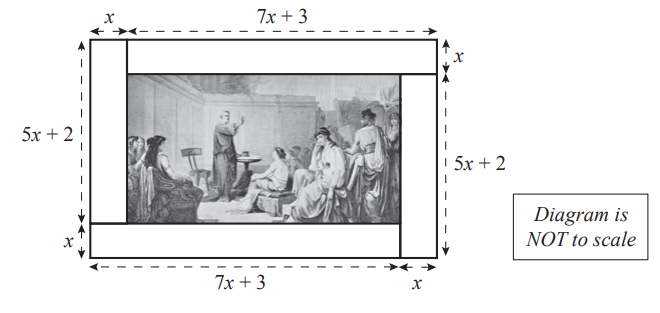 As applicable, verify your answers with the
Expressions and Equations Calculators
As applicable, verify your answers with the
Expressions and Equations Calculators For ACT Students
The ACT is a timed exam...60 questions for 60 minutes
This implies that you have to solve each question in one minute.
Some questions will typically take less than a minute a solve.
Some questions will typically take more than a minute to solve.
The goal is to maximize your time. You use the time saved on those questions you solved in less than a minute, to solve the questions that will take more than a minute.
So, you should try to solve each question correctly and timely.
So, it is not just solving a question correctly, but solving it correctly on time.
Please ensure you attempt all ACT questions.
There is no negative penalty for any wrong answer.
For SAT Students
Any question labeled SAT-C is a question that allows a calculator.
Any question labeled SAT-NC is a question that does not allow a calculator.
For JAMB Students
Calculators are not allowed. So, the questions are solved in a way that does not require a calculator.
For WASSCE Students
Any question labeled WASCCE is a question for the WASCCE General Mathematics
Any question labeled WASSCE:FM is a question for the WASSCE Further Mathematics/Elective Mathematics
For GCSE and Malta Students
All work is shown to satisfy (and actually exceed) the minimum for awarding method marks.
Calculators are allowed for some questions. Calculators are not allowed for some questions.
For NSC Students
For the Questions:
Any space included in a number indicates a comma used to separate digits...separating multiples of three digits from behind.
Any comma included in a number indicates a decimal point.
For the Solutions:
Decimals are used appropriately rather than commas
Commas are used to separate digits appropriately.
Pre-requisites:
(1.) Adding and Subtracting Variables
(2.) Distributive Property
(3.) Fractions
(4.) Simplifying Radicals
Solve each expression.
Indicate the method(s) used as applicable.
Use at least two methods (two or more methods) whenever applicable.
Show all work.
